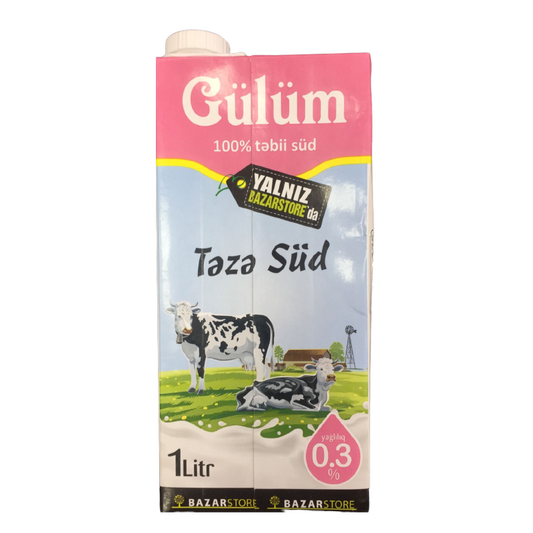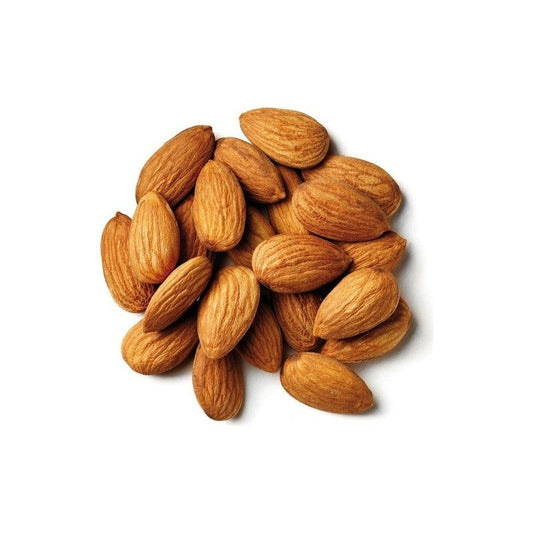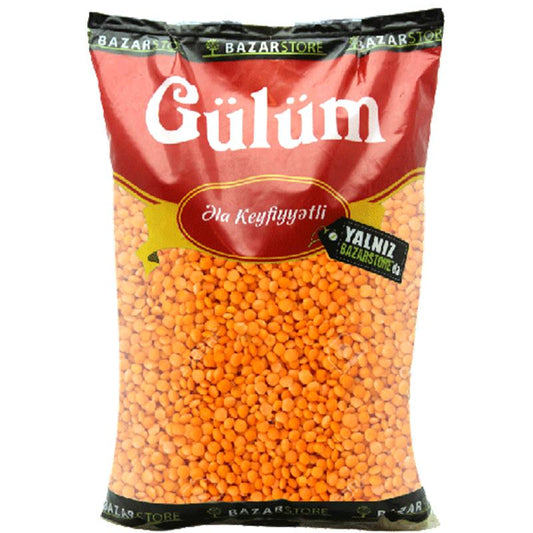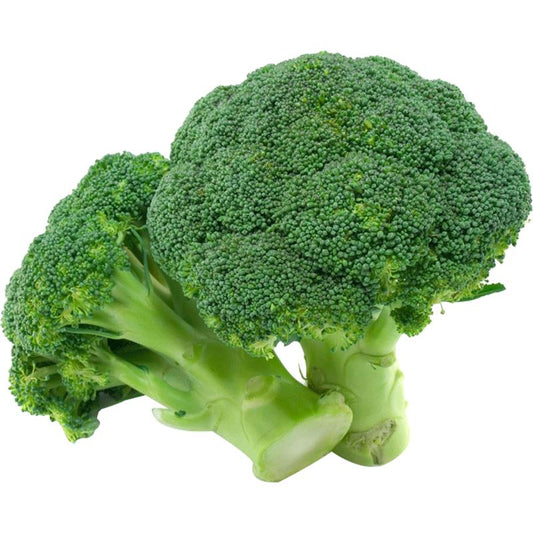9 Foods High in Protein 🍳🥩
There are 6 food groups that support your body in muscle growth and cell repair. These are: fats, vitamins, carbohydrates, minerals, water and protein group.
Foods high in protein include:
1. Egg:
Egg is a food containing high quality protein, vitamins and minerals. It also contains many important nutrients such as A, D, E, K, B12, riboflavin and folate.
Eggs are a high-quality source of protein that contains all the essential amino acids essential for the body. Protein plays an important role in building muscles, tissues and enzymes.
Choline in egg yolk is vital for brain function. Choline is important for memory, cognitive functions, and nerve transmission.
Eggs contain nutrients such as calcium and vitamin D, which are important for bone health. These minerals help strengthen bones and reduce the risk of osteoporosis.
2. Salmon:
Salmon is a high-quality source of protein. It also contains several other nutrients such as B vitamins (especially vitamin B12), vitamin D, selenium and potassium.
Omega-3 fatty acids can reduce the risk of cardiovascular diseases.
Salmon contains omega-3 fatty acids and antioxidants that are important for eye health. These foods can reduce the risk of eye diseases such as cataracts.
Salmon contains nutrients that are important for bone health, such as calcium and vitamin D. These minerals can increase bone density and reduce the risk of osteoporosis.
3. Chicken fillet:
Chicken fillet is one of the high quality protein sources. Protein is essential for building and repairing muscles, tissues and enzymes.
Chicken fillet has a low fat content compared to other types of meat. Especially when skinless and lean chicken fillet is preferred, the saturated fat content is even lower. This can have a positive effect on heart health.
Chicken fillet is an ideal choice for a healthy weight loss program with its weight control and low calorie content. Being rich in protein, it gives a feeling of satiety and reduces the need for snacks.
4. Lentils:
Lentils are a source of plant-based protein. It can be an important source of protein, especially for vegetarians and vegans. Protein plays an important role in building and repairing muscles, tissues and hormones.
Lentils are a fiber-rich food. Fiber helps regulate the digestive system, increases intestinal motility and reduces the risk of constipation. It can also help with weight control through satiety.
Lentils contain minerals such as iron and folic acid. Iron plays an important role in the production of red blood cells and the transport of oxygen. Folic acid supports healthy fetal development during pregnancy and reduces the risk of anemia.
Lentils contain many vitamins and minerals such as B vitamins (especially folic acid), manganese, phosphorus, potassium and iron. These nutrients are important for energy production, nerve function, immune system and bone health.
5. Yogurt:
Yogurt is one of the high quality protein sources. It can also help with weight control through satiety.
Yogurt contains probiotic bacteria that are beneficial to the digestive system. These probiotics support digestive health by maintaining the balance of good bacteria in the digestive tract. It can also help with better digestion for some people who are lactose intolerant.
Yogurt is a good source of calcium, which is important for bone health. Calcium helps strengthen bones and reduce the risk of osteoporosis.
Yogurt contains many vitamins and minerals such as B vitamins (especially B12), riboflavin, phosphorus and potassium. These nutrients are important for energy production, nerve function, bone health, and cellular health.
6. Quinoa:
Quinoa is rich in vegetable proteins. This makes it an important source of protein, especially for vegetarians and vegans.
It contains many nutrients such as protein, fiber, iron, magnesium, phosphorus, manganese, folic acid, B vitamins and vitamin E.
Quinoa is a fiber-rich food. Fiber is important for digestive health and can reduce the risk of constipation, support gut health and help control weight by feeling full.
Quinoa is a food rich in antioxidants. Antioxidants can reduce cell damage and protect against disease by neutralizing free radicals in the body.
7. Almonds:
Almonds are rich in protein and fiber. Protein is essential for building and repairing muscles, tissues and enzymes.
Almonds are rich in healthy fats. In particular, it contains monounsaturated fats, omega-3 fatty acids and fatty acids such as oleic acid. These fats support heart health and reduce the risk of cardiovascular disease by lowering cholesterol levels.
Almonds contain many vitamins and minerals such as vitamin E, magnesium, phosphorus, manganese and copper.
Almonds can help keep blood sugar under control thanks to their low carbohydrate and high protein and fiber content. It helps blood sugar to rise and fall more steadily, reducing the risk of diabetes.
Thanks to its vitamin E and antioxidants, almonds support skin health. Antioxidants protect against free radicals and delay skin aging. Also, almond oil is a popular natural product used to moisturize the skin and treat skin conditions.
8. Tofu:
Tofu is a plant-based protein source and contains all the essential amino acids. It is an important source of protein, especially for vegetarians and vegans. Protein plays an important role in building and repairing muscles, tissues and enzymes.
Tofu is low in calories and low in fat and can help with weight control. It is an ideal food for a healthy weight loss program.
Soy tofu can help relieve menopausal symptoms and reduce the risk of osteoporosis.
Tofu can support digestive health with its fiber content. Fiber increases intestinal motility, reduces the risk of constipation and regulates the digestive system.
9. Milk:
Milk is a food that contains high-quality protein. Protein is essential for building and repairing muscles, tissues and enzymes. It is especially necessary for the growth and development of children and young people.
Milk is a rich source of calcium. Calcium is important for bone health and helps maintain bone density. It also supports dental health.
Milk contains many vitamins and minerals. The content of B vitamins (B2, B12) and vitamin D is especially important. B vitamins are important for energy production and nervous system function. Vitamin D supports bone health by increasing calcium absorption.
Milk is a drink that contains a lot of water. Therefore, it helps meet the body's need for water and supports hydration.
Milk contains various components such as immunoglobulins, antibodies and lactoferrin. These substances support the function of the immune system and protect against infections.
Milk supports muscle growth thanks to its high-quality protein and amino acids. Therefore, it can be a healthy source of protein for athletes and exercisers.

 Choose the one closest to your address
Choose the one closest to your address



